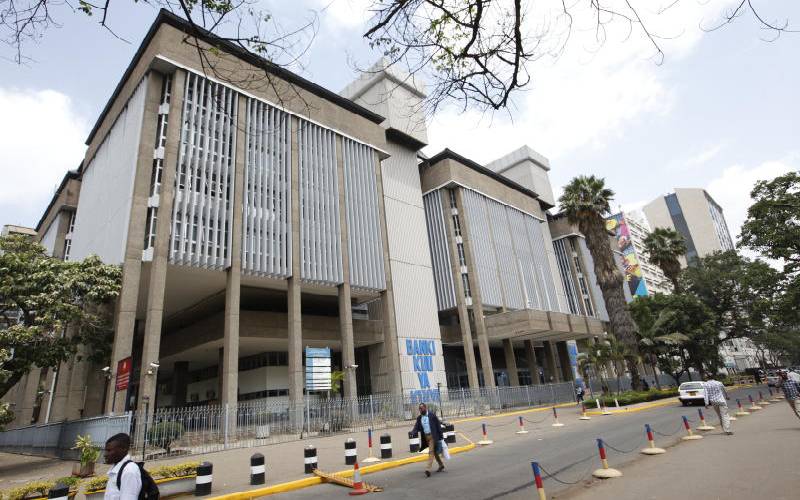×
The Standard e-Paper
Kenya’s Boldest Voice

Fund managers and analysts have questioned the strong Kenya Shilling, with some claiming that the local currency was over-valued, putting themselves at crossroads with the regulator--Central Bank of Kenya (CBK).
They added that a resilient shilling was hurting the country’s export earnings even as it rendered Nairobi Securities Exchange less attractive to foreign investors.